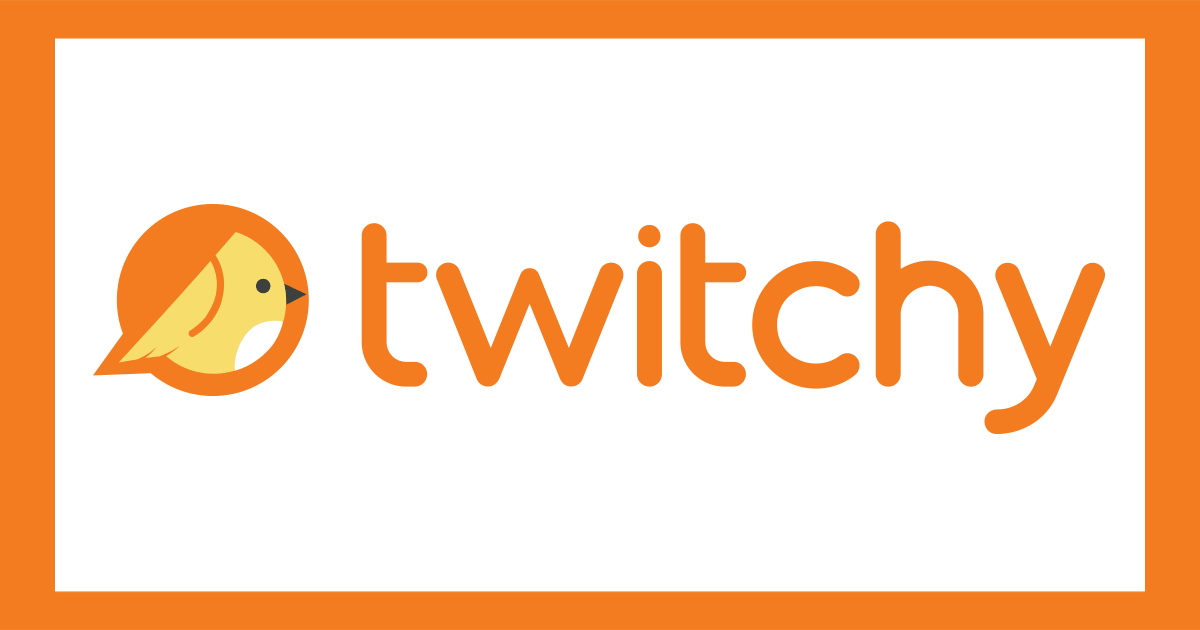Yesterday we told you how Snopes declared that The Babylon Bee was “among the most shared factually inaccurate content in almost every survey of this research,” but it’s actually worse than that:
Stories published by The Babylon Bee were among the most shared factually inaccurate content in almost every survey of this research. https://t.co/x96rPCl1w9
— snopes.com (@snopes) August 16, 2019
The “research” they’re basing this on is “horrible.” Here’s Bee CEO Kyle Mann:
That survey @snopes shared is horrible. Did they seriously paraphrase Bee stories and ask people if they thought they were true? That's an awful way to figure out what percentage of people will believe satire. pic.twitter.com/tDHnTx4h41
— Kyle Mann (@The_Kyle_Mann) August 16, 2019
Yes. Yes they did.
And here’s Bee writer Frank Fleming on what’s going on with some of the examples in their survey:
Man, I honestly thought we were done with the whole Snopes saga and then they commission a friggin’ survey asking if people believe our articles.
— Frank J. Fleming (@IMAO_) August 16, 2019
According to a survey, apparently this one fooled a lot of people, but it's hard to believe that if people actually read the article.https://t.co/JHeuKmIt6I
— Frank J. Fleming (@IMAO_) August 16, 2019
Recommended
This one also made the survey. It was one of my earliest articles and my first to get Snopesed. I saw it memed as real, but it's so silly when you read it. I love the final paragraph about McConnell (this was back when they were ramming through Kavanaugh)https://t.co/INlrtoX1Cp
— Frank J. Fleming (@IMAO_) August 16, 2019
What’s also interesting about all of this is that Snopes isn’t behind the research. It’s actually from an academic research site called The Conversation and was done by two professors and a PhD student at The Ohio State University. Here’s the bottom of the article as it’s seen on Snopes (hint: something is missing):
But what Snopes left out is that the two professors get their funding from Facebook, which you can find out if you click the link to the original site:
You mean the same Facebook that threatened The Babylon Bee last year?
In case @BuzzFeedBen needs reminding, here's the message we got from Facebook last year: pic.twitter.com/nyXBbdAMR5
— Kyle Mann (@The_Kyle_Mann) August 1, 2019
And one of their conclusions? “Labeling an article as ‘satire'” like what Facebook tested is effective:
We found that labeling an article as “satire” was uniquely effective. Users were less likely to believe stories labeled as satire, were less likely to share them and saw the source as less credible. They also valued the warning.
Facebook tested this feature itself a few years ago, and Google News has started to label some satirical content.
Imagine that. The fact-checking site Snopes left out the important fact that the researchers who dinged The Babylon Bee are paid by Facebook while at the same time promoting what Facebook is doing.
Oh, and The Babylon Bee already lists themselves as a satire site on Facebook when you “Like” their page:
So, exactly what do the Facebook-funded professors want Snopes to do next?
***



























Join the conversation as a VIP Member